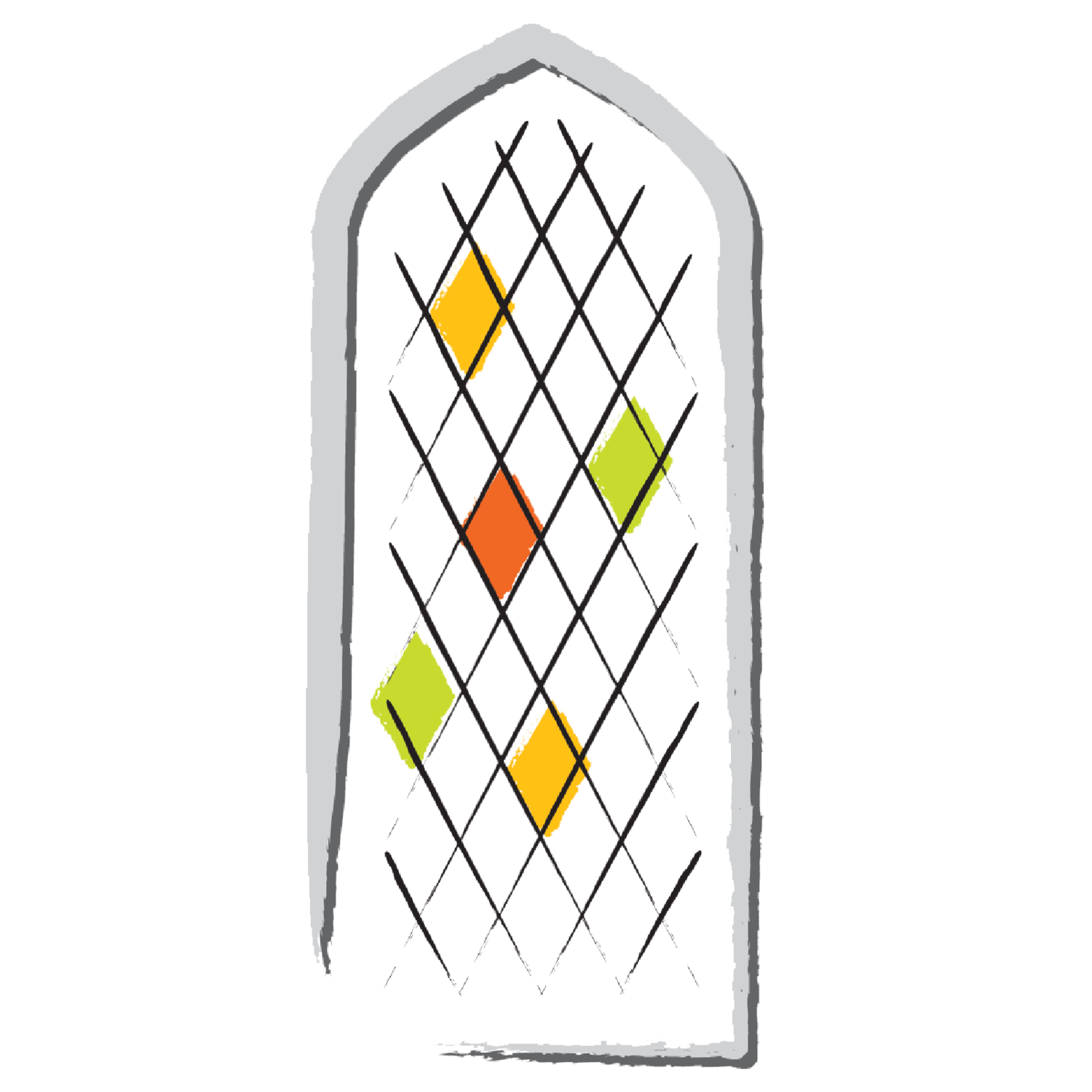On this day in 1535.
Dear First Pres SLO Family,
Grace and peace to you in the name of Jesus the Christ, whose life and ministry confirm the prophecies of the Scriptures, and whose words continue to shape us and call us to service.
In our Thursday evening class we’ve been talking about how the Bible came about. Most of us have some sense that our Old and New Testaments were somehow inspired by God, but the rest is a story we rarely tell. The oldest parts of our Bibles started as oral tradition—stories and poems and histories that were passed from generation to generation by memorizing them and saying (or singing) them out loud. Eventually they were written down in scrolls.
The documents that became our Bible were copied and passed down, some for almost 3000 years. After the coming of Jesus, the letters and histories that formed the New Testament were also copied and shared in the church wherever it spread. Thousands of manuscripts were created to make sure people could read (or at least hear) the words of God in worship and in teaching.
I say all of this because we just passed an important anniversary in the history of the Bible. On October 4th, 1535, the first complete Bible in English was published. It was called the Coverdale Bible after its principal translator, Myles Coverdale, and it changed the way the Bible was received in the English-speaking world. It was dedicated to King Henry VIII, the monarch at the time, who was trained in theology and had even published a book against Martin Luther and the Reformation. (Henry VIII studied theology because he was not supposed to be the king—he only took the throne when his older brother died.)
I will freely admit that I take the easy availability of the Bible for granted. I have several here in my office, more at home, and I have electronic copies on my laptop and even my phone. The Bible has been a constant presence in my life since my earliest days in Sunday School, and especially when I was given my first Bible in 5th grade. Bibles are easy to take for granted.
But the anniversary of the Coverdale Bible is a reminder that it wasn’t always so. Some of the early scholars who wanted to translate the Scriptures were arrested and punished—William Tyndale, whom Coverdale depended on for part of his Bible, was hunted down and executed for translating the Scriptures into English. Tyndale had the last word (or words), though. It’s estimated that 84% of the English New Testament and 76% of the Old reflect Tyndale’s skilled translation work. Tyndale did the heavy lifting for bringing an accurate translation to English, but he paid with his life. The Bibles we carry came at a high price.
Why is that important? Because Bibles are meant to play a central role in our lives of faith. Because we’re all called to read and reflect on the words of God as we find them in the Bible. No, not everyone has to be a Bible scholar, but all of us bear some responsibility for learning what God is communicating to us through the histories and poetry and even the complaints in the Bible. This book is our record of God’s interaction with the world he made and loves. It’s our job to make the time and take the effort to know some of what it says.
We’re continuing our journey through the story of the Bible on Thursday nights. If you’re interested in learning more, come join us! Either way, let me encourage you to read something this week—try Psalm 23, or the first few chapters of John’s Gospel, or Paul’s Letter to the Philippians. Maybe these passages will inspire you to read more and understand more about the God we serve.
I’ll leave you with one of my favorite passages, from another of Paul’s letters—this one to the Colossians. It’s in the first chapter, verses 15-20.
15 The Son is the image of the invisible God, the firstborn over all creation. 16 For in him all things were created: things in heaven and on earth, visible and invisible, whether thrones or powers or rulers or authorities; all things have been created through him and for him. 17 He is before all things, and in him all things hold together. 18 And he is the head of the body, the church; he is the beginning and the firstborn from among the dead, so that in everything he might have the supremacy. 19 For God was pleased to have all his fullness dwell in him, 20 and through him to reconcile to himself all things, whether things on earth or things in heaven, by making peace through his blood, shed on the cross.
Blessings to you this week. Stay safe and healthy.
Pastor John
Readings for the Bible in Community groups (note the change in order).
October
9 John 1:35-41
16 Luke 12:22-26
23 Luke 7:36-50
30 Matthew 20:1-16

